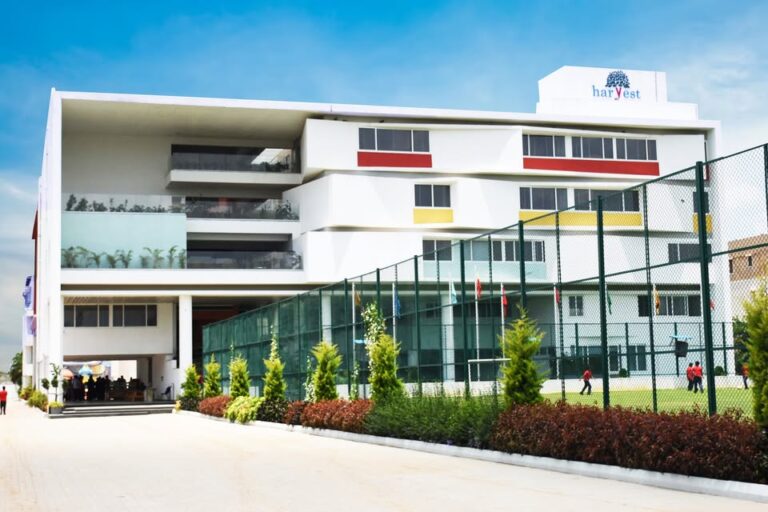The Future of Work: Preparing Students for a Changing Job Market
In today’s competitive job market, job seekers are facing a multitude of challenges. With the rapid advancement of technology, many traditional roles are being automated, leading to a decrease in job opportunities in various industries. Additionally, the global economy’s instability has resulted in companies being cautious with hiring, leading to a limited number of available positions for job seekers.
Moreover, the requirement for specialized skills continues to increase, making it challenging for individuals without such expertise to secure employment. The ever-changing job market demands continuous upskilling and adaptation to stay relevant in the workforce, creating additional obstacles for job seekers who may struggle to keep pace with the evolving job landscape.
Skills Needed for Future Careers
In today’s rapidly evolving job market, it’s crucial for individuals to equip themselves with a diverse set of skills that are adaptable and future-proof. These skills go beyond technical expertise and encompass a blend of soft skills, such as critical thinking, communication, collaboration, and adaptability. Employers are increasingly seeking candidates who not only have the required technical knowledge but also possess the ability to navigate complex situations, work well in teams, and continually learn and grow.
The rise of automation and artificial intelligence means that traditional job roles are changing, requiring workers to be flexible and open to mastering new skills. A key skill for future careers is digital literacy, as industries across the board are becoming more technology-driven. Individuals who are proficient in navigating digital tools and platforms will have a competitive edge in the job market. Additionally, creativity, emotional intelligence, and problem-solving skills are highly valued as they enable individuals to innovate, connect with others, and tackle challenges effectively in a rapidly changing landscape.
Technological Advancements in Workforce
The rapid evolution of technology has significantly transformed the way we work. With the rise of automation, artificial intelligence, and machine learning, many industries are experiencing a shift in their workforce dynamics. Companies are increasingly relying on advanced technologies to streamline processes, improve efficiency, and enhance productivity. As a result, employees are expected to adapt to these technological advancements to stay competitive in the job market.
This tech-driven workplace requires individuals to possess a diverse set of skills to thrive in their careers. Basic digital literacy is no longer sufficient; professionals are now expected to have a strong grasp of data analysis, coding, and cyber security. Additionally, soft skills such as adaptability, critical thinking, and problem-solving have become essential in navigating this rapidly changing landscape. As technology continues to advance, the ability to learn new skills quickly and embrace innovation will be crucial for individuals to succeed in the workforce of the future.






